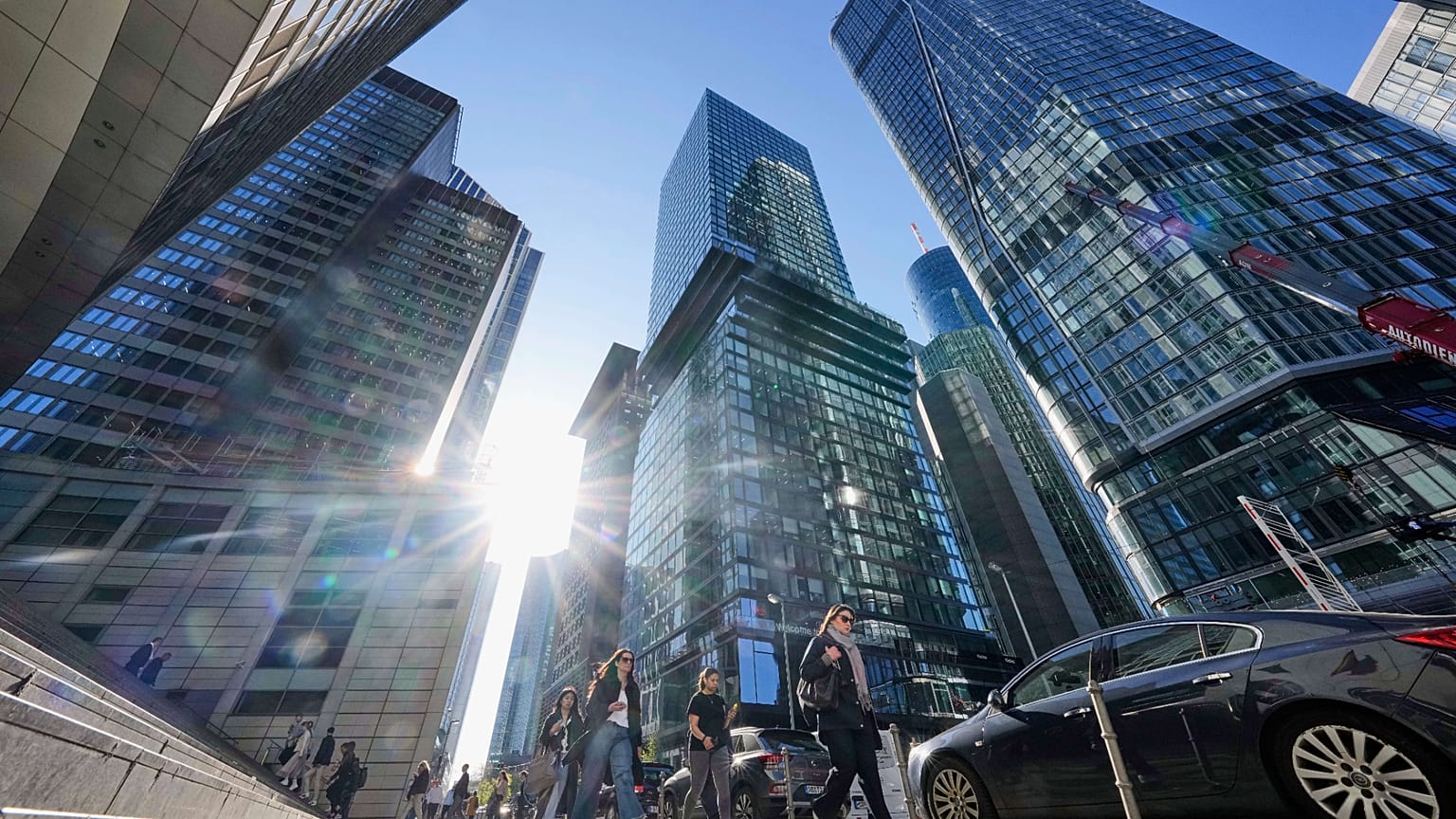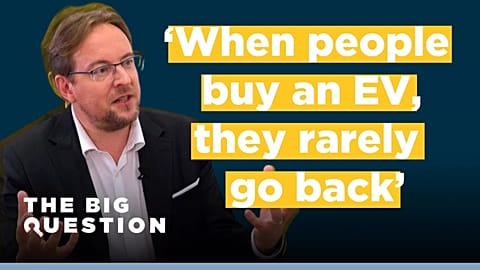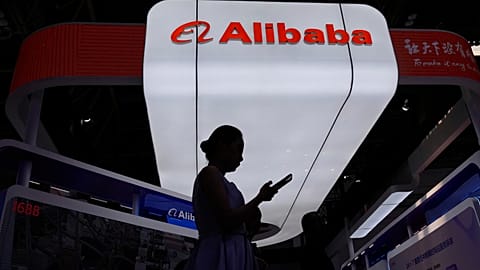As the global outlook remains uncertain, business leaders are betting on AI and talent, while also making room in their budgets for cybersecurity and regulatory compliance.
CEOs are accelerating investments in artificial intelligence and talent as they seek opportunities in a turbulent business environment, according to this year's Global CEO Outlook from KPMG.
 ADVERTISEMENT
ADVERTISEMENT
 ADVERTISEMENT
ADVERTISEMENT
Confidence in the world economy has fallen to its lowest level in five years, said the accounting firm's report, which put this indicator at 68%. That's down from 72% a year earlier, although top bosses are still upbeat about their own firms and earnings potential.
"Ultimately, the leaders who can embrace market volatility and focus investments in the right strategic areas for their organisation will be the ones best placed to unlock new opportunities and build sustainable, long-term growth," said Bill Thomas, global chairman and CEO of KPMG.
To compile the report, KPMG surveyed 1,350 chief executives between 5 August and 10 September 2025 across 11 major markets and 12 sectors. All respondents lead companies with annual revenues above US$500 million or €428.87mn.
Of the CEOs surveyed, 61% forecast profit growth of 2.5% or more over the next three years, and 79% said they were optimistic about their organisations’ prospects.
Crucially, the payback window is shortening, with 67% expecting return on investment within one to three years, a sharp shift from 2024 when the majority anticipated three to five years.
So while CEOs are cautious about the global economy, they remain confident in their own companies and expect accelerated growth.
AI, AI, and more AI
The report also noted that 71% of CEOs now rank AI as a top investment priority (up from 64% last year), and 69% are carving out 10–20% of their total budgets for AI. The responses indicate that this tech is no longer just a side project, but rather a core element of company strategy.
The AI revolution is affecting hiring decisions too, said KPMG, with 59% of CEOs actively redeploying staff from traditional roles into AI-enabled positions. 41% admitted there will be staff layoffs in some areas linked to this tech disruption.
Meanwhile, 77% agreed that workforce AI readiness and upskilling will materially influence prosperity over the next three years, but 70% warned that competition for AI talent could constrain success.
While investment in AI is rapidly growing, CEOs are also conscious of "non-trivial risks" associated with relying so heavily on the technology. 59% cited ethical considerations of large-language models as a key challenge, and 50% pointed to the lack of thorough or clear regulation on AI usage and its applications.
Planning for volatility
Away from technology, CEOs are refitting their strategy for a more volatile world. 72% have adjusted growth plans to address shocks, and many are leaning into mergers and acquisitions, with 89% anticipating dealmaking will have a moderate to significant impact over the next three years.
In times of global uncertainty, M&A can diversify revenue streams, expand a company's geographic reach, build scale, as well as offering cost synergies.
After years of supply shocks and cyber scares, CEOs are now looking at every euro and dollar through a risk-first lens. Key focus areas for spending are: cybersecurity and digital resilience at 39%, regulatory compliance and reporting at 36%, and AI integration at 34%.
Meanwhile, ESG — which encompasses sustainability and ethical leadership — has not fallen off the agenda.
61% of CEOs said they are on track for 2030 net-zero goals, up from 51% a year ago. While KPMG noted that leaders "remain strongly committed to ESG issues", it added that some firms may have changed interim milestones to fit a "more realistic" sustainability strategy.
The execution of ESG goals remains a challenge and one of the knottiest hurdles is decarbonising supply chains, cited by 25% of CEOs. 21% of respondents said that there is a lack of skills and expertise to find sustainability solutions, while the cost of implementation seems to be a lesser issue, with 11% of CEOs viewing this as a problem.

















